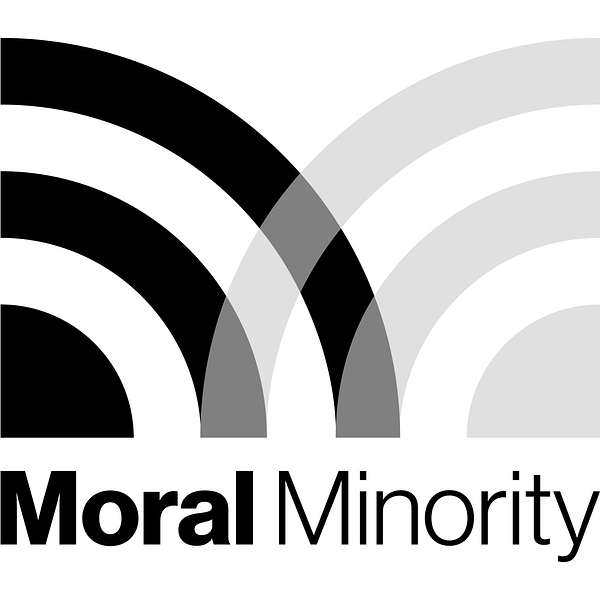
Moral Minority
Moral Minority is a podcast on moral philosophy and the problem of moral foundations. Why does morality matter? What grounds the moral principles to which we appeal when making judgments about right and wrong, justice and injustice? Do we have good grounds for making the judgments we do make–in our everyday lives, our relationships, our work, or in politics? And if not, where does that leave us?
Moral Minority
Shame & Necessity
•
Charles & Devin
•
Season 1
•
Episode 5
In Shame and Necessity, Bernard Williams interrogates what we can still glean about the universal character of human action and the notion of responsibility from a study of the Ancient Greeks. William provides a philosophical interpretation of the historical circumstances of the Greek understanding, expressed in the tragedies, of agency, responsibility, and the role of luck in human affairs. His claim is that our modern concept of moral responsibility does not deserve its presumed role as a paragon case of human action. A theory of action need not be exclusively a theory of distinctly moral motivation. The Greek ethical sensibility differs from our modern one in emphasizing shame rather than guilt as the fitting response to agents as causes. Shame is directed at the failure to be seen by others and ourselves as individuals worthy of our established character. Importantly, for Williams, our concept of guilt as inextricably tied to moral responsibility does not represent a progressive development in our moral consciousness, but a contemporary prejudice. Can modernity dispense with metaphysically deep concepts like free will and still account for our ethical lives? What is the scope of our distance from the Greeks?